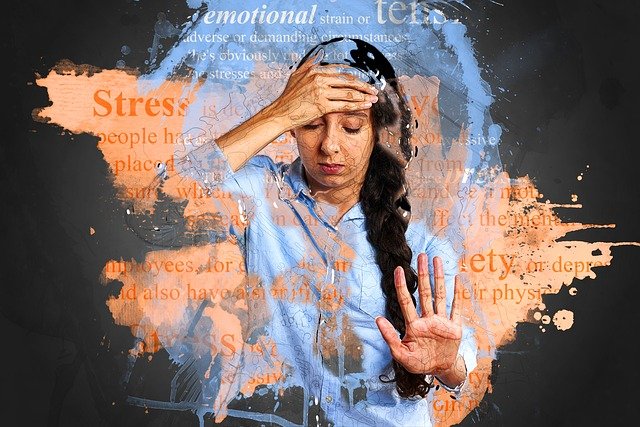Living in the 21st century means that we rely on our smartphone and the Internet for almost everything including managing our finance and personal data as well as connecting with people.
Most importantly, smartphones and Internet connectivity is used to search for news update and information.
However, living with smartphone and the Internet means that we will encounter false information and news whether we know it is real or not.
With the never-ending cycle of misinformation and disinformation online, it is bound to leave effects on those reading it.
The misinformation effect can be referred to the tendency for post-event information to interfere with the memory of the original event.

An article by Very Well Mind covering the work by psychologist Elizabeth Loftus and her colleagues shows that the introduction of even minor information following an event can have a dramatic effect on how people remember.
In the article it describes a study conducted by asking questions asked after a person witnesses an event can actually have an influence on the person’s memory of that event.
Loftus explained, “The misinformation effect refers to the impairment in memory for the past that arises after exposure to misleading information.”
Loftus further explained that adding a minor to a story can change lead to differing memories.
Hence, this shows the importance of the usage of words in describing an event or story to prevent misleading effects.
Apart from tampering people’s memory from remembering how the actual event or story goes, misinformation and disinformation makes it harder for people to see the truth.
When we go online, we will often spend most of our time interacting with people who has the share the same value and agree with.
When exchanging ideas, this will directly feed into our bias as we will most likely to both seek out and believe anything that supports our opinions and beliefs.
This is because people do not like to be wrong and being confronted with people who might challenge their ideas and how they perceive certain information.
Hence, this would lead to greater confusion about basic facts concerning current events and issues.
Another effect how misinformation and disinformation can have effects on the society is to create bias against certain issue or individual.
When this happen, it likely reinforces their preconceived notions and will not be subjected to the scrutiny to what they already believed.
This makes it more likely that they will then accept the news as fact and even share it on to others for the process to begin all over again.
But perhaps the biggest threat of misinformation and disinformation is the effect can bring to our mental health.
As we are now always flooded with the latest updates and news especially on social media, it’s easy to get lost in deciphering what’s accurate information, misinformation, and disinformation.
And with the daily updates on the Covid-19 pandemic, this can take a toll on our many aspects of our health, including our mental state.
This is because upsetting news especially when it is both misinformation and disinformation can affect us by creating anxiety, fear, depression, or stress.
For some people, misinformation and disinformation can even prevent them from continuing with their normal lifestyle.
Although everyone is affected by misinformation and disinformation, some are more susceptible than others.
However, we can all agree that by not engaging with false information and news as well as being mindful of what has been shared on social media can help protect yourself and others from the effects of misinformation and disinformation





